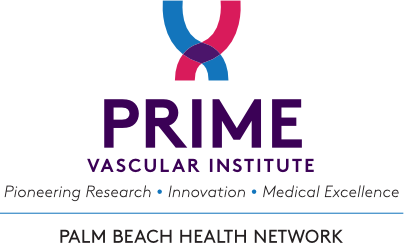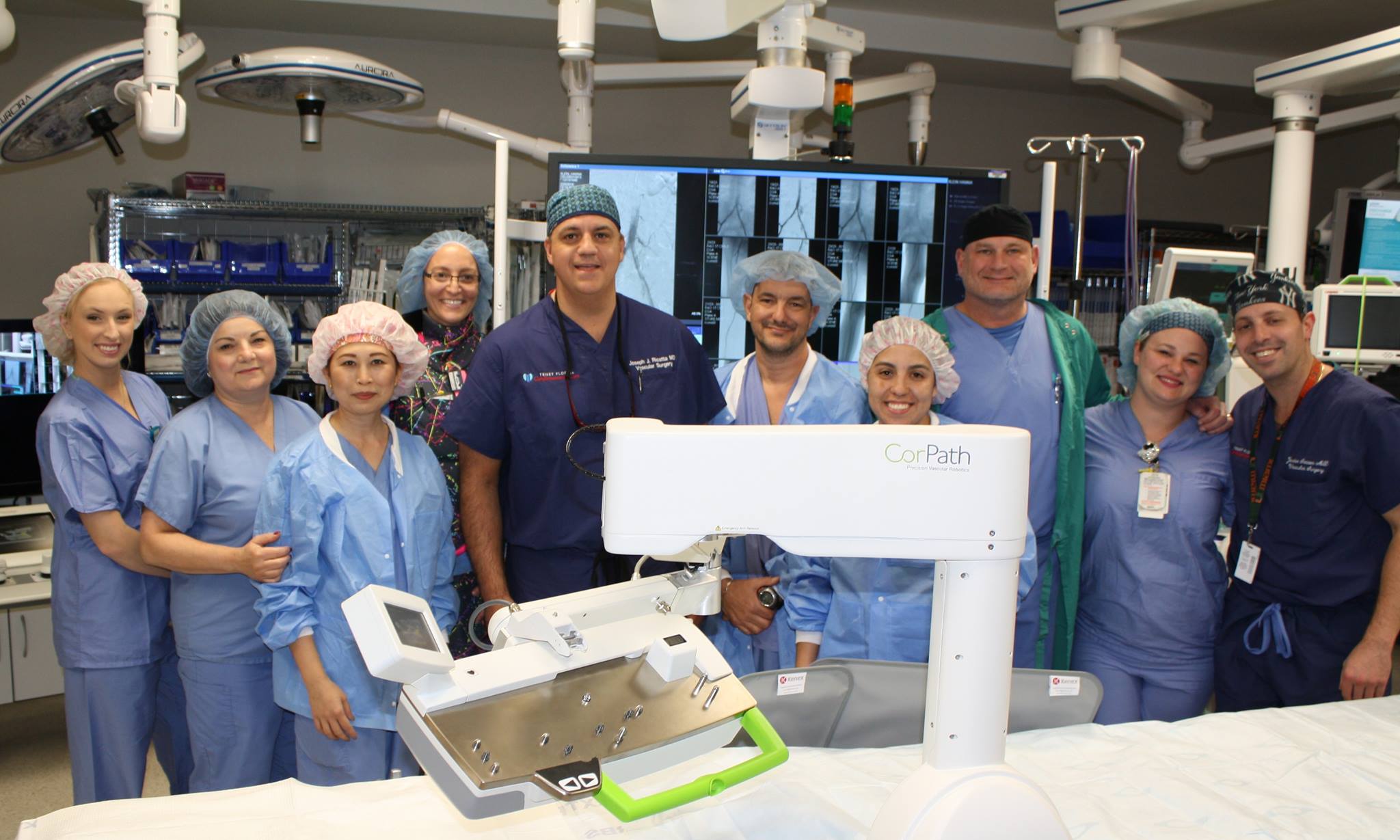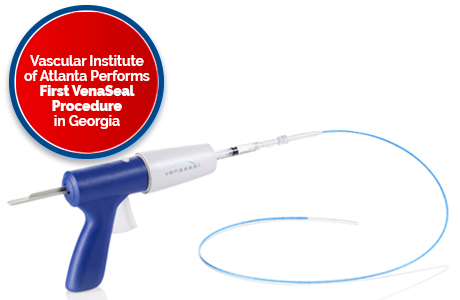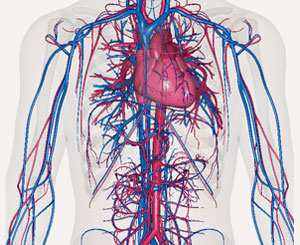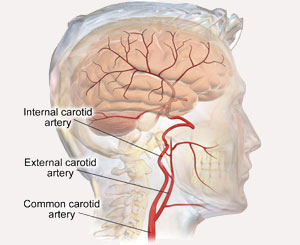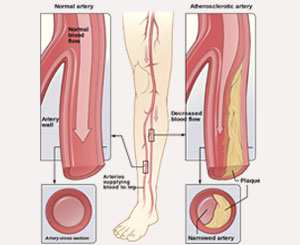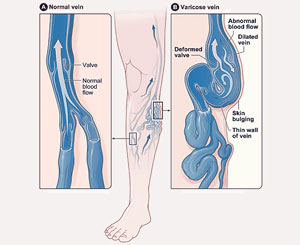Most of us have a general understanding of what blood clots are and may even know someone who has had one; however, it’s important to realize that they can develop for a myriad of reasons under a variety of circumstances. While normal blood clots are actually a natural part of the healing process, abnormal clots may restrict the return of blood to the heart and cause swelling, pain, and a number of serious health events. Although they often form as a result of injuries, prior health conditions, or sometimes for seemingly no reason at all, it can be beneficial to understand your risk factors and the steps you can take to prevent them from occurring.
EXTENDED PERIODS OF SITTING: Whether it’s behind a desk at work or a transcontinental flight, if you find yourself in a position where you have to sit for longer than four hours, it is extremely important to get up and move around as often as possible. The goal is to encourage circulation, so drink plenty of water and get your legs moving. Whether this means taking a few laps around the office, walking the aisles in the plane, or simply raising and lowering your heels and toes, motion can make all the difference.
GET REGULAR HEALTH CHECKS: Heartbeat irregularities can actually increase your chances of developing a clot, so it’s important to have your heart checked—especially if you’re over the age of 65—so that certain conditions can be addressed in advance. As a whole, making a point to schedule a yearly physical is a vital component of maintaining your health as long as possible.
DRINK WATER: Plain and simple, our blood is 92% water, which means drinking it is an essential part of blood clot prevention. Not only does water help to increase your circulation, but it works to flush out toxins that may lead to dangerous clots. General guidelines state that most individuals should be drinking eight 8-ounce glasses of water per day, which equals about a half-gallon of fluid.
KNOW THE SYMPTOMS: Body awareness is a key component of prevention because it helps us to understand when something simply isn’t right. Pay attention to what your body is telling you and trust your instincts when you notice issues such as swelling, leg pain, unexplained sweating, fatigue, rapid heart rate, and sudden shortness of breath.
With that, take note of any prior conditions which may increase your chances to begin with, such as obesity, prior history of stroke, varicose veins, cancer, or something as simple as a bad bump or broken bone.
LIVE HEALTHY: As with anything, making a point to engage in healthy everyday habits is an integral part of blood clot prevention. If you don’t already, make a point to talk with your doctor about developing a regular exercise plan. Remember, movement is imperative, so everything from walking and hiking to swimming and bicycling can be beneficial. Exercise is an important component of maintaining a healthy weight—since those with obesity are at a higher risk for blood clots—as is eating a diet filled with an abundance of whole foods, vegetables, and fruits.
If you’re currently a smoker, it’s time to quit. Yes, overcoming an addiction to nicotine is incredibly difficult; however, along with the availability of various prescription medications, gums, and nicotine patches, your doctor should be able to direct you to a local support group that can help you along the way.
If you have any questions or would like to discuss your personal risk factors, please feel free to contact us at the Vascular Institute of Atlanta.
Dr. Joseph J. Ricotta II MD, MS, FACS
Vascular Institute of Atlanta
www.AtlVascular.com
470-355-3053
